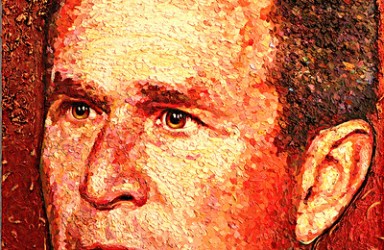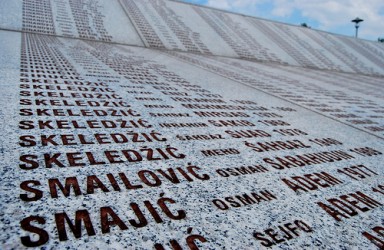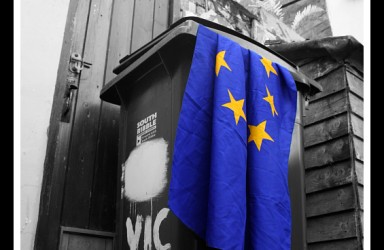The Use of Dehumanizing Rhetoric in the War on Terror
Does George W. Bush’s rhetorical framing of the “War on Terror” conform to standard discourse regarding the practice of dehumanizing one’s enemies in times of war?
Contradicting Norms of Secession in the Balkans
Ethno-nationalism has become a potent force in international and domestic politics. Gradually, norms have developed favouring a right of self determination for national groups seeking self-government.
The persistence of military domination in Myanmar
Myanmar’s post-colonial era is characterised by the domination of the military as the key actor in the state’s politics over the 62-year period since British rule ended. Democratic elections have only once resulted in the installation of a civilian-led government in Myanmar. Indeed, the country offers a counter-argument to the conventional wisdom among political scientists that ‘military rule is the shortest form of authoritarian regime in the developing world’
Why is examining public EU attitudes such a complex task?
Examining public EU attitudes is so complex because of the diverse sources of the EU public opinion and the incomplete structure of the EU itself. There is no European polity, no holistic conception of what it means to be a European citizen and no European-level social culture.
9/11, the War on Terror, and ‘Halo’
This essay will focus on the science-fiction ‘Halo’ series of video games to show how mediation, remediation, and hypermediation has significant political, ethical and moral influences on its audience in relation to the War on Terror. Botler and Grusin’s ‘Remediation: Understanding New Media’ will be drawn upon to describe how this colourful, futuristic ‘space opera’ depicting an interstellar conflict for the fate of humanity has a constructive role in creating a post-9/11 American identity and morality.
Deterrence in Counter Terrorism
Despite being theorised during the Cold War, deterrence continues to play a central role in informing the state’s military and judicial responses. Nevertheless, while denial and punishment strategies may yield short-term benefits, such policies have proven unable to remedy the issue of terrorism in the longer term. Only by engaging with the socio-political contexts from which terrorism emerges and draws its support can counter-terrorism effectively seek to prevent terrorism.
Deterrence and Terrorism in the Modern Era
The efficacy and applicability of deterrence depends on the broader question of how one conceptualises and defines terrorism, and whether one deems terrorism insurmountable and ‘evil’ or recognises root causes, legitimate grievances and pathways to accommodation.
The Impact of Identity and Historical Context on the Thought of Hans J. Morgenthau.
This paper emphasises the importance of Morgenthau’s German-Jewish identity set against the particular social background in which he began to develop his thought. It seeks to highlight the impact which these factors had on the development and evolution of some important elements of Morgenthau’s work.
Thomas Hobbes vs. Carl Schmitt
Carl Schmitt is referred to as the Thomas Hobbes of the 20th century due to his tendencies to base his philosophies of the 18th century realist. In the following essay, it will be explained how the realist philosophies of both, the more modern, and the original Thomas Hobbes hold not only similar views but also contrast on key international relations topics. Although Thomas both are classed together as realist, they are nonetheless completely dissimilar on how they define the international system
How convincing is E. H. Carr’s critique of utopianism?
Ultimately Carr’s realist critique of utopianism is convincing because of the limitations of realism which he himself recognises and reconciles with his conception of utopia. The strength of realism lies in exposing the weakness of utopian thought. It is also noteworthy that realism and utopianism per se can be interpreted differently and the interplay between the two suggests that each has no absolute position.









